News
Stay in the Know
Get the latest on new opportunities, program updates, and special offers.
From scholarship introductions and program updates to deadline information and location announcements, you’ll find the latest and greatest from IFSA here — plus helpful tips and insights. Bookmark this page and visit often!
-
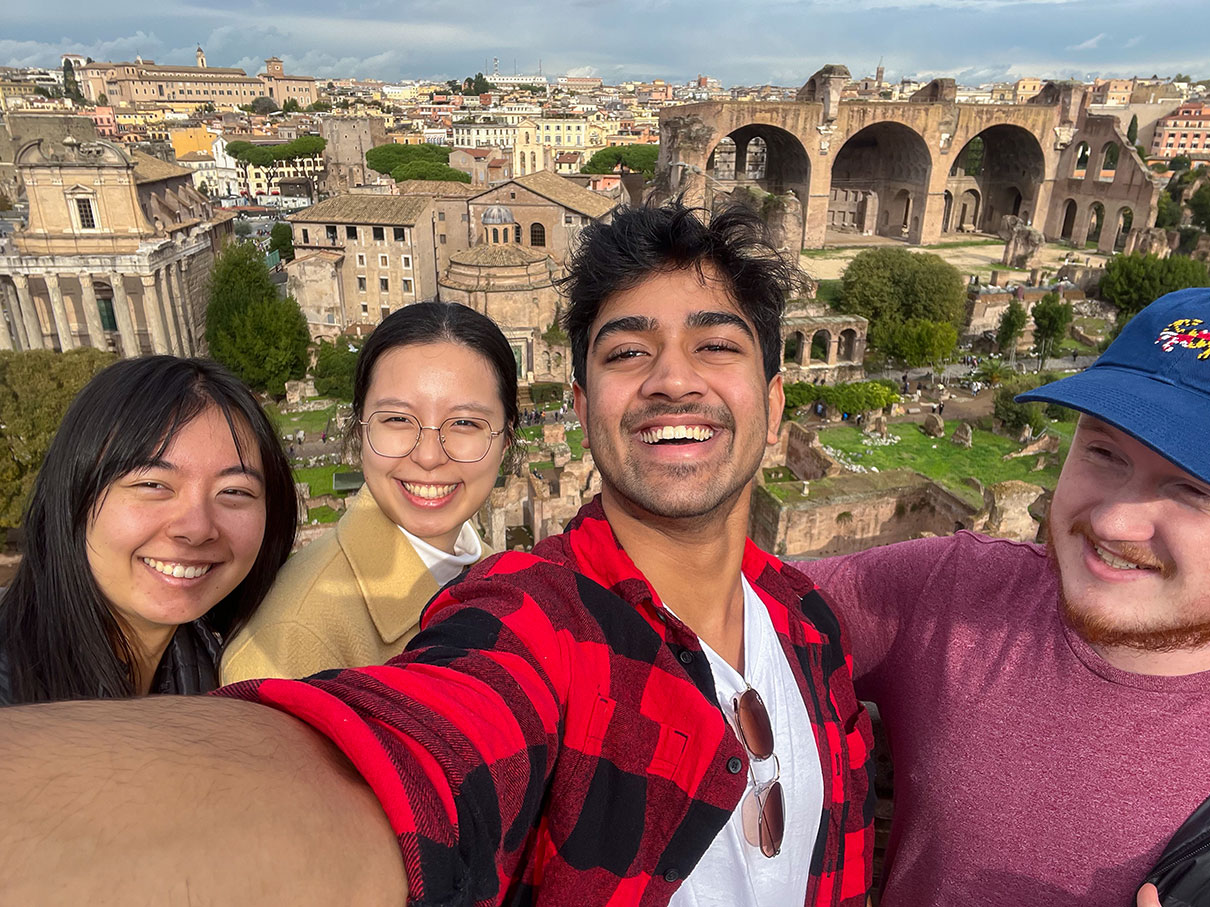
Special Offers for January & Spring 2026 Programs
Learn more: Special Offers for January & Spring 2026 Programs -
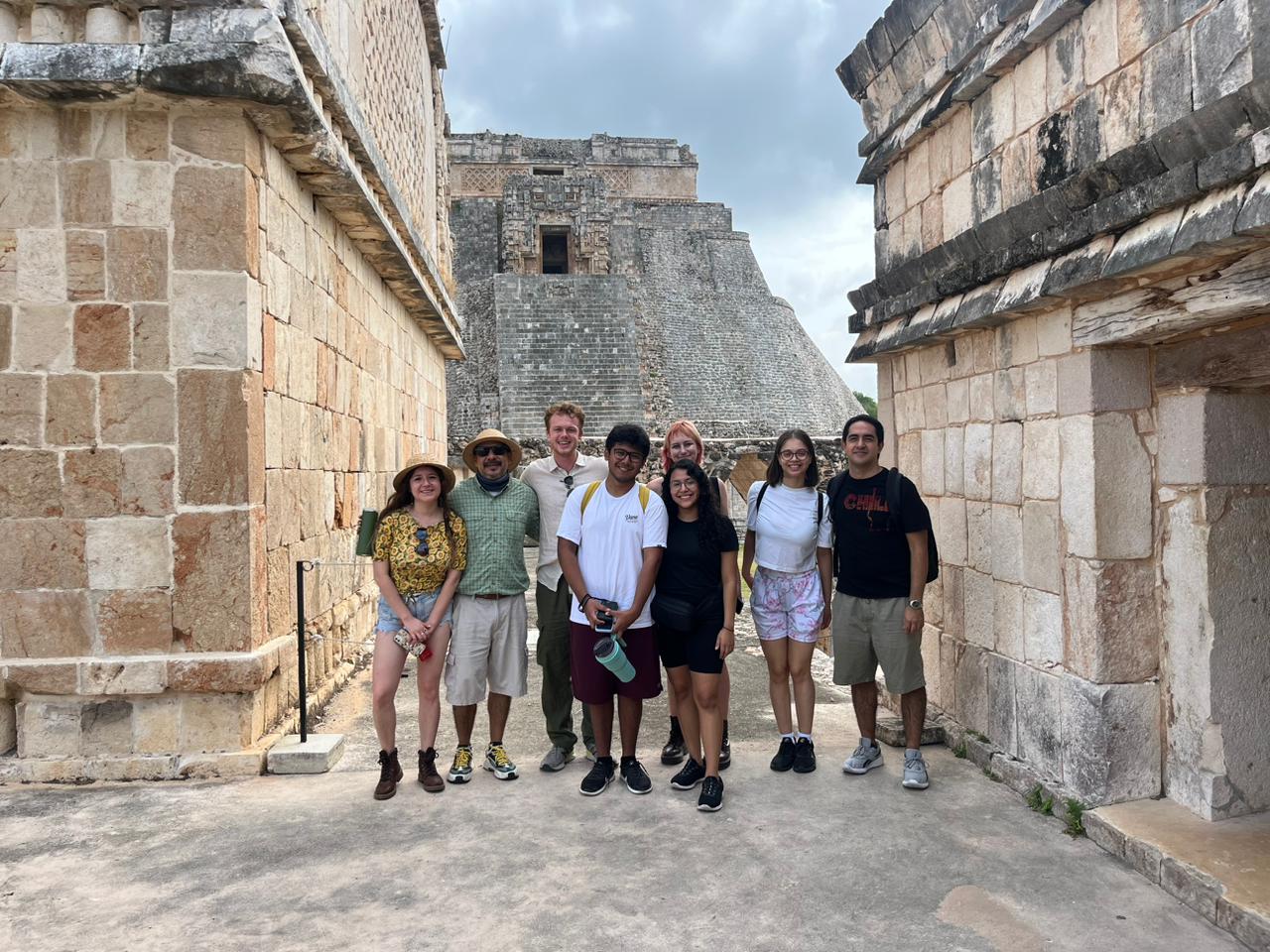
2025 Fall & Academic Year Programs: Applications Closing Soon
Learn more: 2025 Fall & Academic Year Programs: Applications Closing Soon -
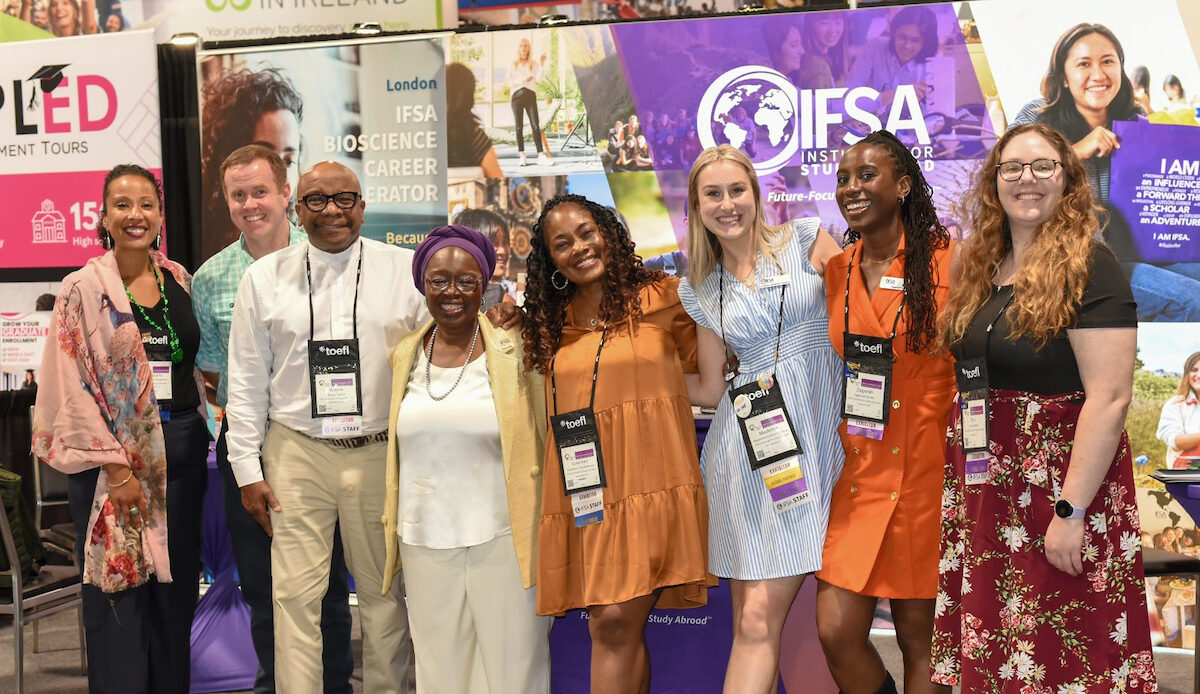
Join IFSA at the 2025 NAFSA Annual Conference
Learn more: Join IFSA at the 2025 NAFSA Annual Conference -

IFSA 2024 Impact Report
Learn more: IFSA 2024 Impact Report -
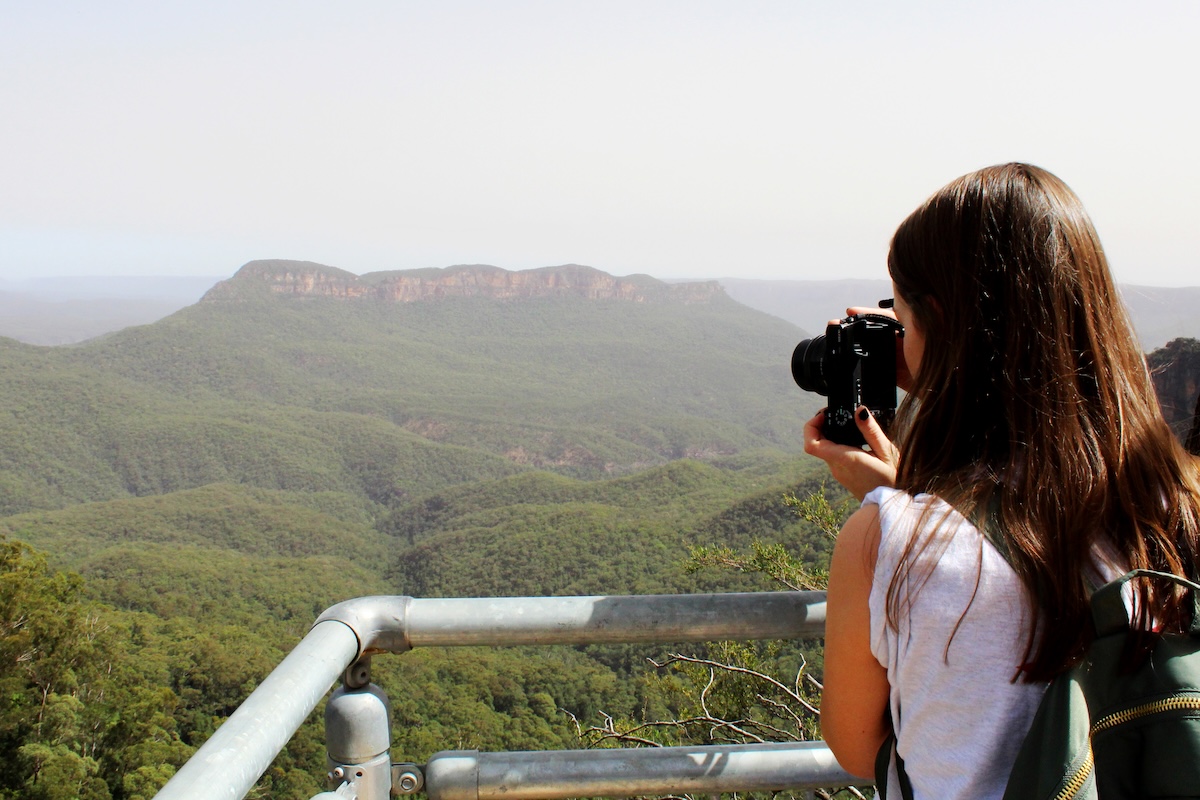
Introducing the Spring 2025 IFSA Student Marketing Correspondents
Learn more: Introducing the Spring 2025 IFSA Student Marketing Correspondents -
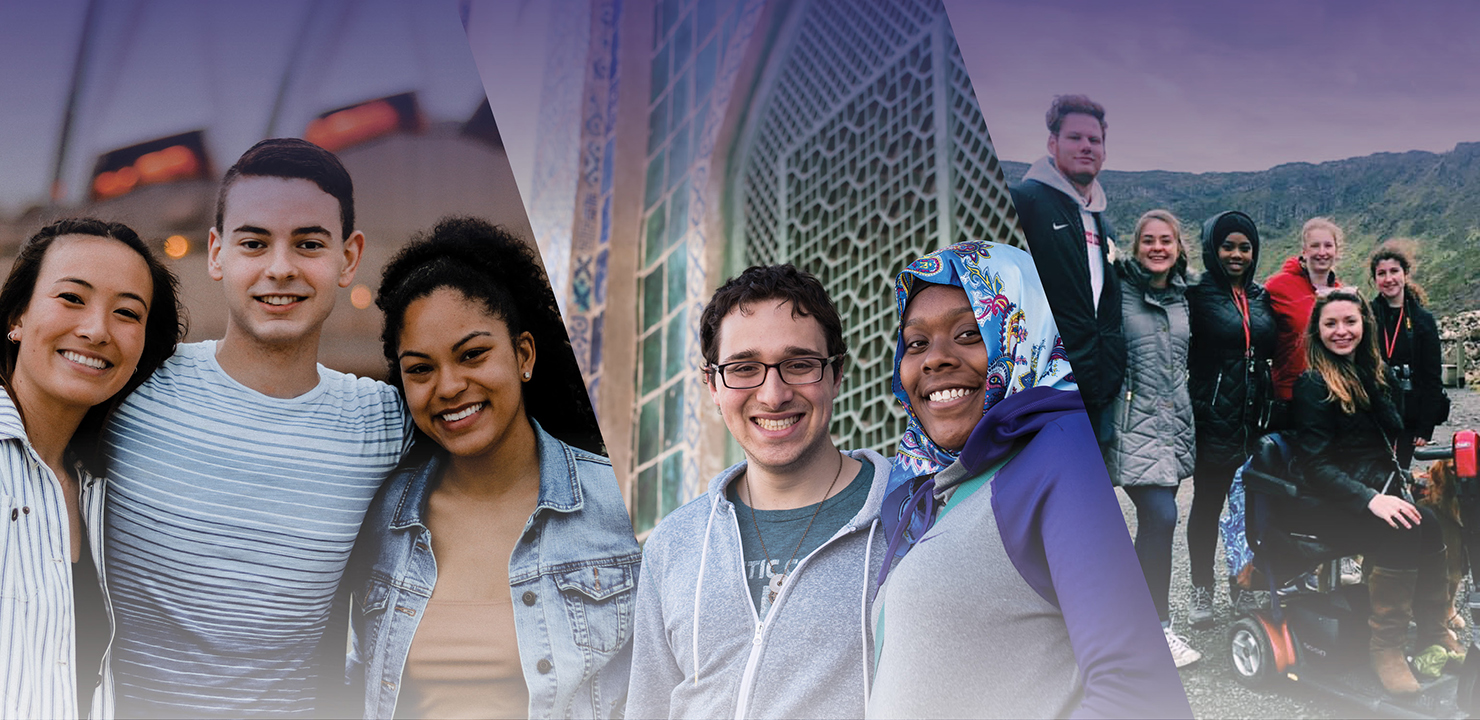
Program Development History
Learn more: Program Development History -
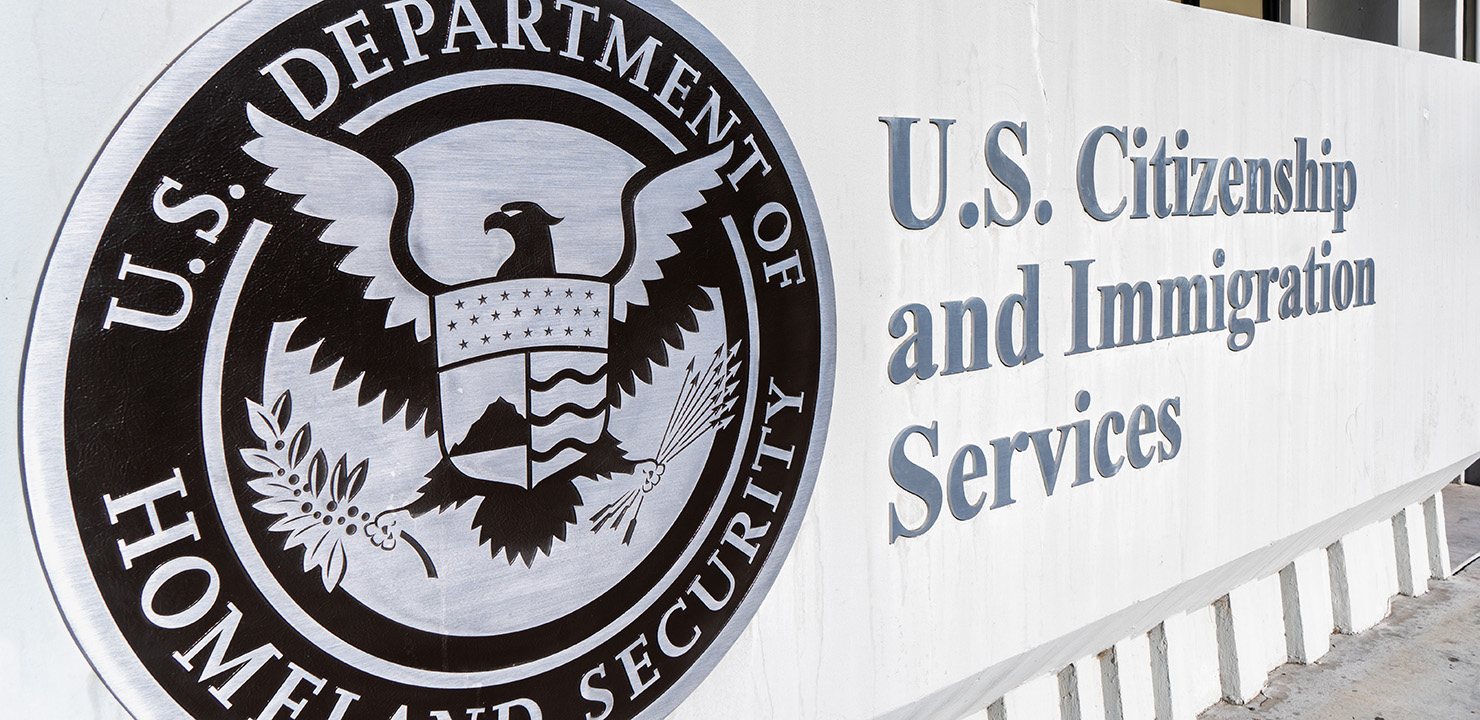
U.S. Clarifies Study Abroad Policy for F-1 Visa Holders
Learn more: U.S. Clarifies Study Abroad Policy for F-1 Visa Holders -
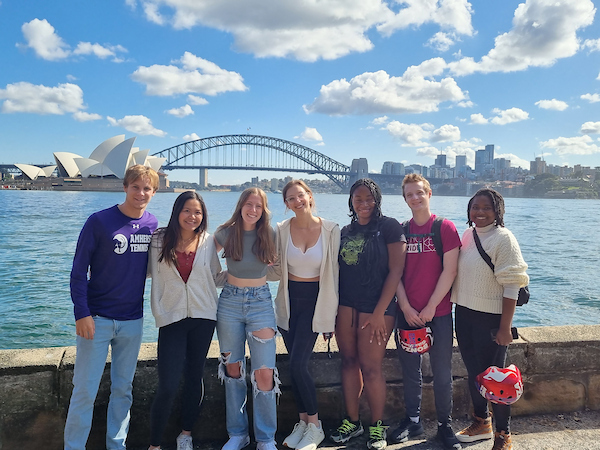
Special Offers for Summer & Fall 2025 Programs
Learn more: Special Offers for Summer & Fall 2025 Programs -
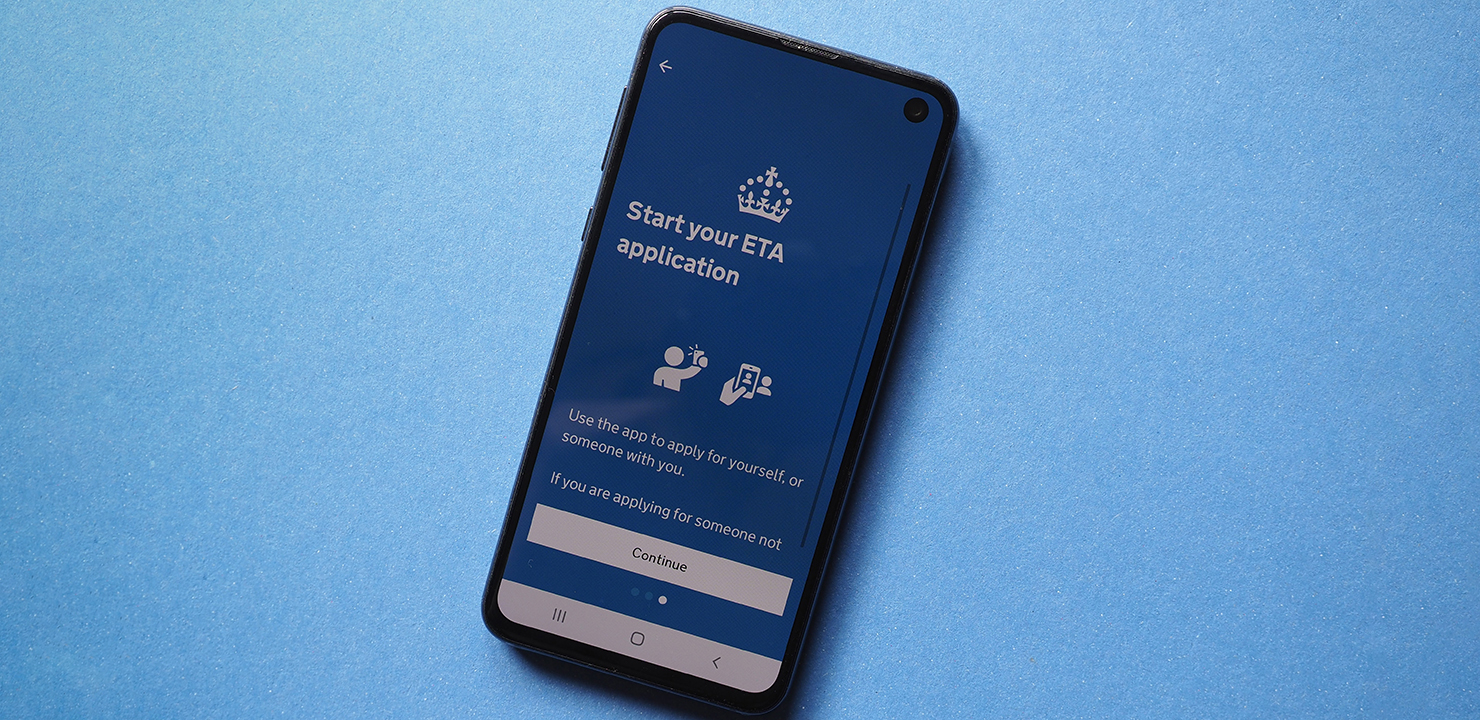
EU and UK Will Require Authorization for Short-Term Stays
Learn more: EU and UK Will Require Authorization for Short-Term Stays
